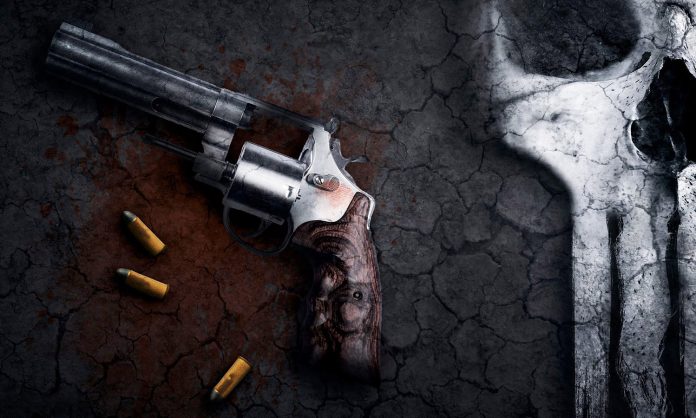
In a provocative post on CrimeReads, David Gordon says that detective stories are the most perfect form of fiction. “Despite remaining in many ways essentially the same since Dupin and Holmes, I believe that a large part of the mystery’s continued relevance, eternal popularity and seemingly limitless expansion is its ideal malleability as a form, retaining its essential nature while being twisted into new shapes over the decades,” Gordon says.
One reason? Crime and murder are endemic to every culture and every generation. “Since humanity can always be counted on to prey on one another, the figure of the detective seems to translate into every language and nation, taking on the local coloration wherever it migrates,” Gordon writes. “From Martin Cruz Smith’s Moscow in Gorky Park, to The Number 1 Ladies Detective Agency in Botswana, to John D. MacDonald’s boat moored down in Florida, each place breeds the crime and the detective that it deserves.” Detectives also travel well through time, rolling back to medieval times (The Name of the Rose) and to both the near future (The Last Policeman) to the distant (Do Androids Dream of Electric Sheep?).
Detectives also have a special role in society. “As long as they are following some sort of logical trail of clues, the detective can go anywhere, talk to anyone, penetrate all sectors of society, from the highest realms of wealth and power to the lowest ditches and dives,” Gordon notes. “Because of this, mysteries, despite their often wildly imagined mayhem and obscure plot points, can offer a deeply revealing and immersive portrait of a society at a given time.” But the detective’s role also lets them stand apart, observing and commenting on a society rent by murder. “At their best, detective novels transmit a profound sense of a society’s deep issues as well as a real feeling for its texture, whether or not the author even set out to address those subjects directly,” Gordon adds. “I often think, looking back, that good mysteries, intentionally or not, tell as much or more about the worlds they are set in than mainstream ‘literary’ novels.”











